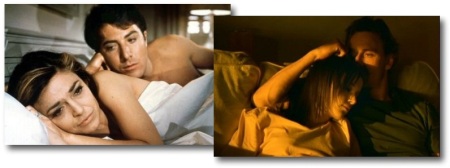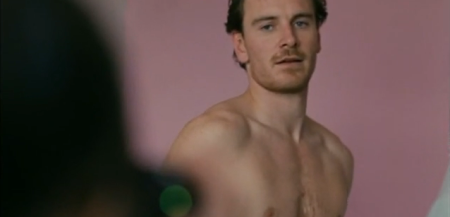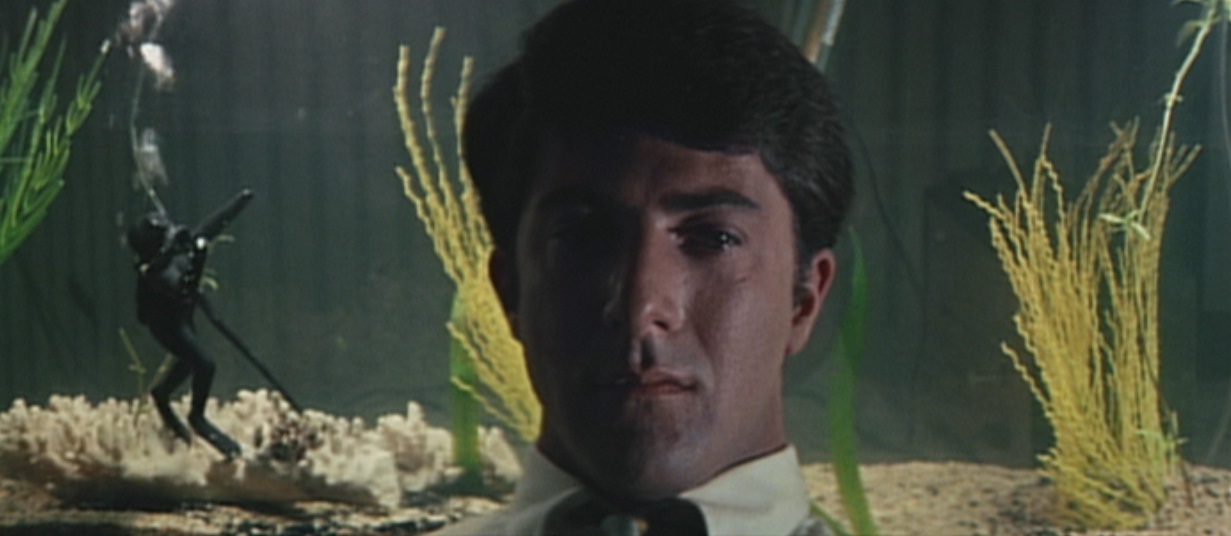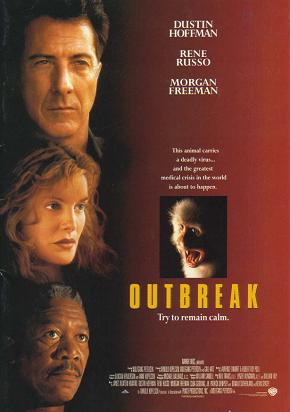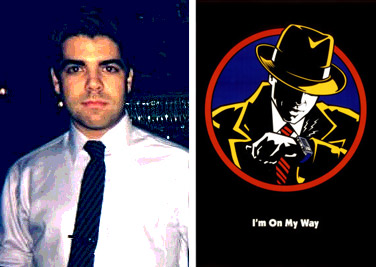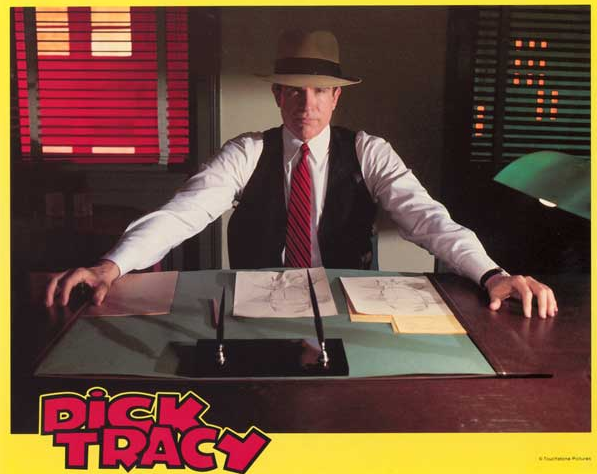Elaine May at the 92Y
Earlier this week I had the opportunity to see Ishtar (1987) at a special event with writer/director/actress/funnywoman Elaine May. She's been out of the spotlight for some time. The last major hurrah was her hilarious supporting role in Woody Allen's Small Time Crooks (2000). Ishtar, for those that are unfamiliar, is an infamous big budget flop in which Warren Beatty and Dustin Hoffman star as a talentless musical duo who get mixed up with middle eastern politics via "terrorist" Isabelle Adjani and CIA agent Charles Grodin during a gig in Morrocco.
 Warren Beatty, Dustin Hoffman and Isabelle Adjani in ISHTAR (1987). © Sony Pictures
Warren Beatty, Dustin Hoffman and Isabelle Adjani in ISHTAR (1987). © Sony Pictures
If you lived through the 1980s you probably feel like you saw Ishtar even if you didn't it because it became an easy-target for comedians and the basis of a lot of schaudenfreude fun (look how the mighty fall!). The strange thing about seeing Ishtar two decades later is that it's actually really funny and it's hard to see exactly how it inspired such pop-culture hatred. Other than, perhaps, its prophetic satire about how fucked up the USA is whenever they're dealing with Middle Eastern dictators. In the movie the CIA sides with the dictator who wants to snuff out the apolitical singing Americans, before they accidentally inspire his overthrow by "left wing terrorists" (aka those who want democratic reform and human rights.)
The movie clues you in to its satirical naughtiness early on when Beatty & Hoffman try to write a song "Telling the truth can be dangerous business". May repeatedly praised Paul Williams for the song score of the movie -- 'even the crummiest songs had perfect music!' -- but she wrote "Leaving Some Love In Your Will" which is one of the movie's funniest bits as Dustin Hoffman sings a totally inappropriate song about death to two senior citizens on their wedding anniversary.
 The movie was born in the imagination of Elaine May and Warren Beatty. They wanted to do a Bing Crosby Bob Hope "Road to" type of movies and US 1980s politics determined the setting. "We were of course in Afghanistan as we always are. We were all over the Middle East," Elaine May explained when she came out for a sit-down interview to talk about the rarely screened film.
The movie was born in the imagination of Elaine May and Warren Beatty. They wanted to do a Bing Crosby Bob Hope "Road to" type of movies and US 1980s politics determined the setting. "We were of course in Afghanistan as we always are. We were all over the Middle East," Elaine May explained when she came out for a sit-down interview to talk about the rarely screened film.
She seemed quite pleased with the response to her director's cut.
Either you liked the movie or i'm very sick...
I thought it was funny which is a terrible thing to admit about your own movie. I think of those people who try out for American Idol and how sure they are of their own talent.
She wasn't very sick. The audience clearly liked the movie; there was consistent and at times raucous laughter. Sure, it was a self-selecting crowd. Chances are if you're showing up to see an infamous flop from a famous comedian you're probably either a member of the movie's cult following or a curious cinephile and either way you're a better audience for the movie than the audience it originally received. Or didn't as the case may be.
May shared a bizarre story about the movie's internal sabotage. There was a change at the top of the studio before the movie's release. The new head of Columbia Pictures was David Puttnam. He'd previously competed against Warren Beatty for the Best Picture Oscar (He won with Chariots of Fire beating Beatty's Reds) and he was no fan of Beatty's. He badmouthed both Beatty and Dustin Hoffman publicly, equating them with spoiled brats, but didn't stop there.
 Hoffman and Beatty have very real comic chemistry
Hoffman and Beatty have very real comic chemistry
May explained how they went from future hit to press target right before the movie opened.
We had three previews and they went really well. Thumbs up. On the day the press came an article came out in the LA Times in which Puttman wiped us out. 'We should be spanked. There was too much money.' He was going to reform Hollywood. It was really sort of unforgivable what he did. He attacked his own movie. Mike Nichols said it was like watching an entire studio committing suicide.
After that article in the Times nearly every press piece about the movie focused on how much it cost and attacked the movie for being grossly expensive, rather than focusing on the movie itself.
May was very funny in person, telling stories about her career (I'll share a few more quotes soon) and discussing this movie which killed her directing career (she hasn't helmed a feature since). The studio has told her that they will be releasing Ishtar on Blu-Ray in the near future. Perhaps it'll be rediscovered?
Earlier today someone said that they had read on the net that the impending DVD release of Ishtar had been delayed by 'my people'. I was so thrilled to think that I had people! They're going to release this on blu-ray! If they don't you'll be the last people to have seen this movie.
If half the people who had made cracks about Ishtar had seen it, I'd be a rich woman today.
 The Blind Camel is the film's comedic MVPThough much of the film's humor feels loose, character-oriented and improvised (it reminded me a smidgeon of Bridesmaids actually -- but maybe because I'd just seen the latter -- in the way it allowed its jokes to roam around and spring from the nuances of the performers and their chemistry) May says it wasn't and that great actors always appear to be spontaneous on the screen. She did note that much of the humor with Beatty's blind camel was improvised because there's no way to tell what a camel will do in a scene.
The Blind Camel is the film's comedic MVPThough much of the film's humor feels loose, character-oriented and improvised (it reminded me a smidgeon of Bridesmaids actually -- but maybe because I'd just seen the latter -- in the way it allowed its jokes to roam around and spring from the nuances of the performers and their chemistry) May says it wasn't and that great actors always appear to be spontaneous on the screen. She did note that much of the humor with Beatty's blind camel was improvised because there's no way to tell what a camel will do in a scene.
May joked that the camel was very hard to cast. He wasn't really blind. He just acted like he was. They chose well. They say you should never act with animals but two running gags about camels and vultures pay off big in the movie when the movie stars interact with them.
Given the movie's terrible reputation did the director just think Ishtar was a victim of itself, a movie that was too far ahead of its time? Elaine May had the last laugh at this special event in her honor.
I've never said that a movie of mine is ahead of its time. How is that even possible? Even with string theory.
 Tuesday, October 16, 2012 at 8:00AM
Tuesday, October 16, 2012 at 8:00AM 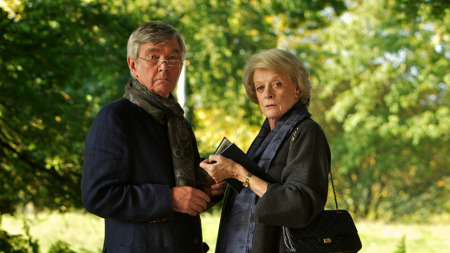 Tom Courtenay and Maggie Smith in 'Quartet'
Tom Courtenay and Maggie Smith in 'Quartet'


